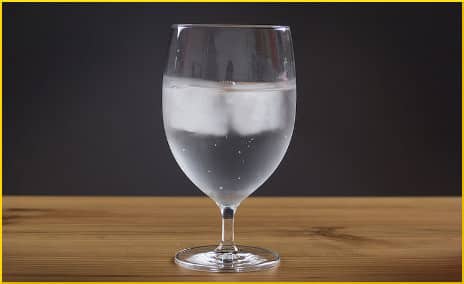“Weight cycling” is a classier term for yo-yo dieting. Linda Bacon, Ph.D., is typical of the experts who say that yo-yo weight cycles are common to dieters and do harm to health. In the opposite corner is a New England Journal of Medicine article that argues:
Although observational epidemiologic studies show that weight instability or cycling is associated with increased mortality, such findings are probably due to confounding by health status. Studies of animal models do not support this epidemiologic association.
That same publication also exposed as a myth the commonly accepted belief that a large and rapid amount of weight loss is inevitably associated with a poor long-term weight loss outcome. Both medical professionals and the public at large have been taught that slow, gradual weight loss is the only kind that will stick. But this 20-author study found:
Although it is not clear why some obese persons have a greater initial weight loss than others do, a recommendation to lose weight more slowly might interfere with the ultimate success of weight-loss efforts.
Chewing for Life
Followers of Childhood Obesity News know all about the benefits of thoroughly chewing food, as advocated by Horace Fletcher as far back as the early 1900s. Even today, many health-conscious people swear by the Fletcher system because it makes nutrients more bio-available and because thorough chewing prevents “leaky gut syndrome” and other dire consequences.
In 2011, Harbin Medical University (in China) reported that taking longer to chew food resulted in the consumption of about 12 percent fewer calories, and this was true of both healthy-weight and obese men. Researcher Jie Li theorized that “mastication apparently plays a role in the gut hormone profile, which consequently influences energy intake.” Journalist Katherine Harmon Courage elaborated on this:
Hunger is largely controlled by hormonal signals, including that from ghrelin, which spurs the feeling of hunger. The team found that when study participants chewed more, their ghrelin levels were consistently lower post-mealtime. It might be that the longer the body senses food in the mouth, the more ghrelin is released.
Two years later, a story from Texas Christian University reported that both lean and obese people who took the time to chew would feel less hungry at the end of a meal. But this finding was announced with two different spins by two media outlets. The Reuters headline was, “Eating slowly may cut meal size,” which suggests that a person might do well to go ahead and try it. The Stone Hearth News headline read, “Eating slowly does not cut intake for overweight people,” which implies that it’s not worth the effort.
Normal-weight subjects took in 88 fewer calories during the course of a slow meal with attention given to chewing. Overweight and obese participants also ate slowly and chewed carefully, and while it is true that they too consumed fewer calories, research leader Meenah Shah is not sure whether any conclusions can be drawn. The Stone Hearth News take on it was that:
Research suggests that the ability to control energy intake may be affected by the speed at which we eat, and a high eating rate may impair the relationship between the sensory signals and processes that regulate how much we eat.
However, since both lean and overweight subjects drank more water while eating slowly, Dr. Shah felt that the sensation of fullness might be accounted for by mere mechanical stomach distention. The troubling detail here is that participants in both group drank more water, an activity best reserved for between meals. Many experts deplore the washing down of food with beverages during meals, because the necessary stomach acids are diluted and cannot do their job well. Again and again, in the realm of food and eating, the interested person feels that the universe is saying “Everything you know is wrong.”
Your responses and feedback are welcome!
Source: “Everyone Knows Obesity Is Hurting Us, But Is the Fight Against Obesity the Problem?,” HuffingtonPost.com, 03/07/12
Source: “Myths, Presumptions, and Facts about Obesity,” nejm.org 01/31/13
Source: “Chew on This: More Mastication Cuts Calorie Intake by 12 Percent,” ScientificAmerican.com, 08/03/11
Source: “Eating slowly may cut meal size,” Reuters.com, 01/09/14
Source: “Eating slowly does not cut intake for overweight people,” vresp.com, 12/30/13
Image by Didriks


 FAQs and Media Requests:
FAQs and Media Requests: 











